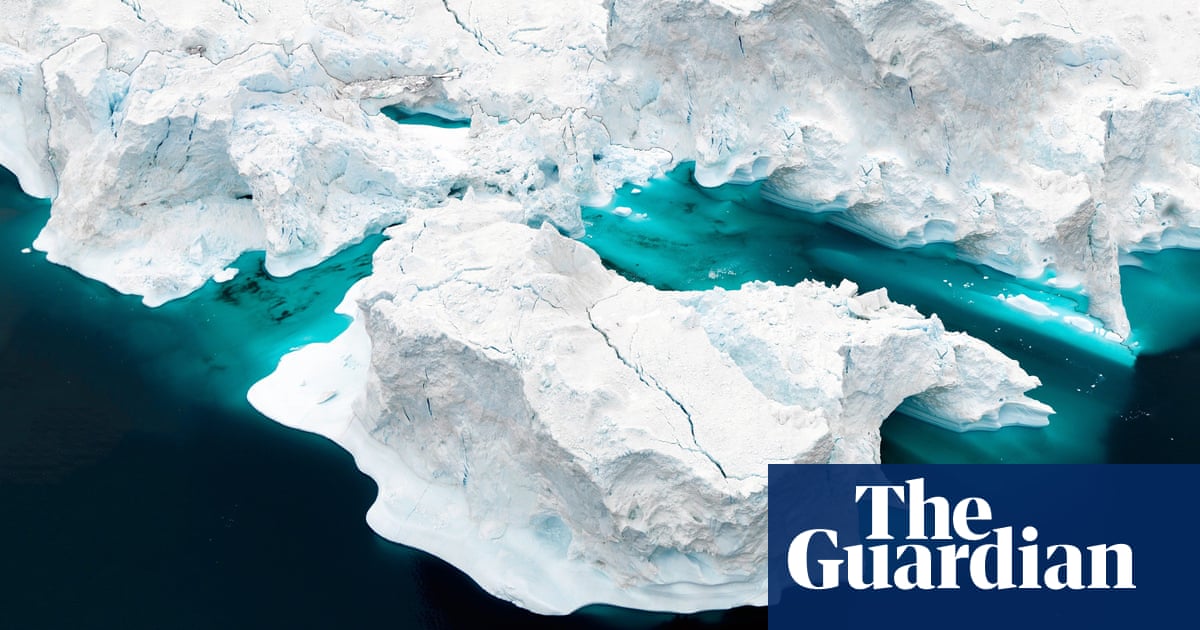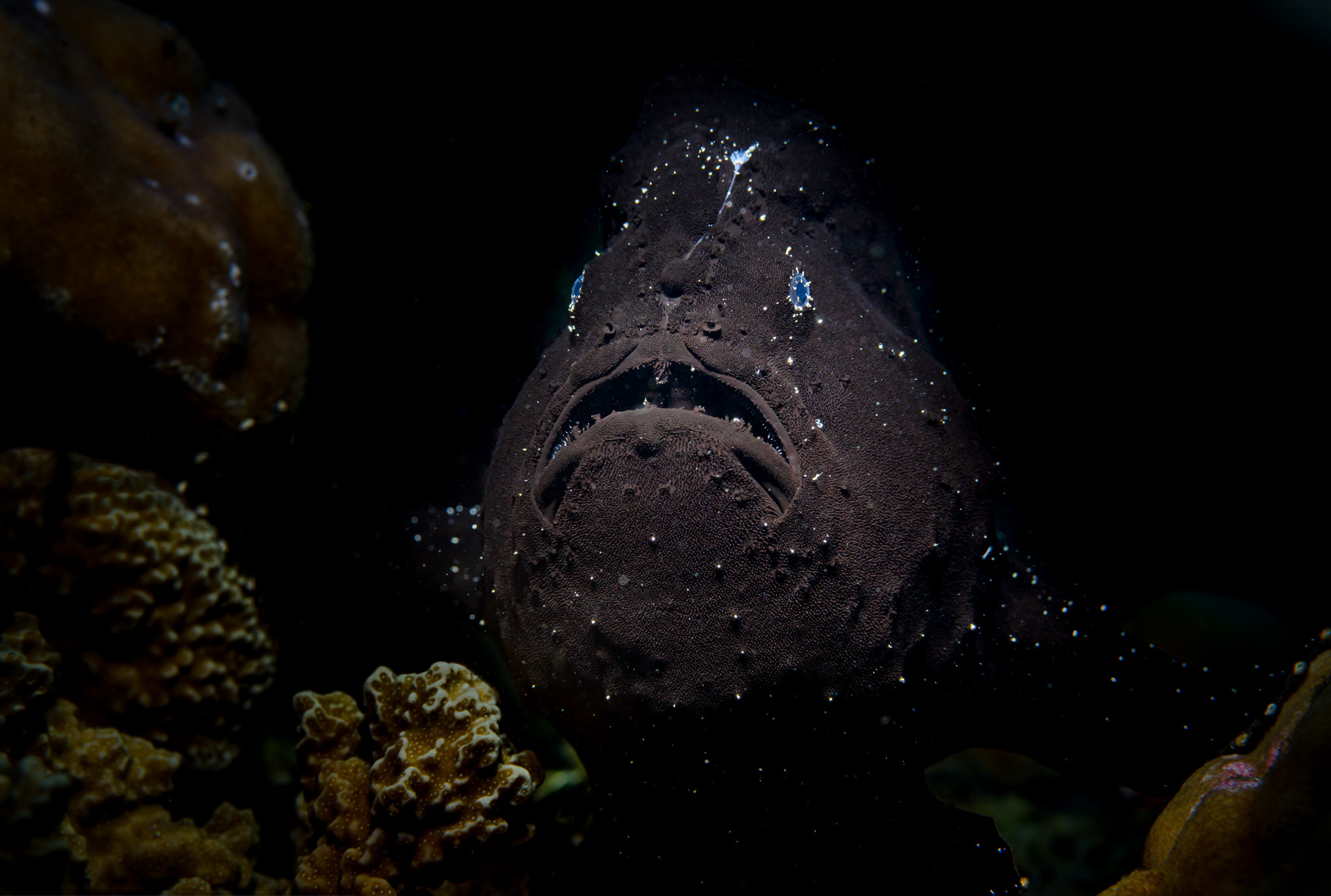I hate this notation. 30 metres tonnes/hour? 30 millitonnes/hour? 30 megatonnes/hour? 30 metric tonnes/hour? 30 million tonnes/hour?
Context clues indicate it’s probably 30 million tonnes/hour. Which is also Megatonnes (Mt).
Anyway, I digress.
I worked in the arctic for years. It’s happening faster there than anywhere. Feedback loop where open water has a lower albedo and absorbs more sunlight…
Can you share what you did in the arctic? Sounds interesting…
Geophysics (mapping the subsurface). Largely related to mineral exploration, but also sometimes infrastructure development or environment cleanup or other things. I was often first boots on the ground in a lot of places, having to set up a winter camp upon arrival by bush plane. Good times. :)
I blew out my knee and settled down now to operate a geophysical equipment business. But I think back fondly.
Damn, that sounds epic and adventurous. Thanks for sharing, that’s really cool. Not a common thing to have a chance to be that far out, much less in that context.
Looking forward to the incoming ice age tbh.
Seriously though, the melting sucks.
You’re gonna have to wait awhile. We’re still in an ice age
It might actually turn green within our lifetimes.
Denmark played the long game and won.
It’s a shame you can’t buy land there.
Trump tried and failed.
Good lord, remember when “Trump tried to buy Greenland” was the most ridiculous news story?
It’s still one of the most ridiculous ones. But it’s not the most concerning.
Our species is going to die out. The powers that be globally will never consider making less money to change the way manufactured goods are produced and really at this point in time their isnt too much you could do to make all mass produced goods at the same rate and still save the planet. We’re done for in like the next 500 to 800 years
I don’t think our species will die out as we’re so damn good at adapting, but I think we’re definitely at our apex and a lot of people will die from climate change.
Yeah I don’t think we’ll go extinct, but society is gonna regress a whole lot, and since we basically depleted all the easily accessible fossil fuel deposits I think we won’t ever reach this level of technology again.
Nah man, Elon husk will eventually colonize some other dog shit planet, and then we’ll just be looking at the plot of Hyperion in 1000 years or so.
I did the math on this recently: GL has approx 3 million Gt of ice and is losing it at a rate approx equal to 260 Gt/yr.
If that rate is constant (unlikely) the first ice free summer in GL will be in 13,500 CE
Elite cocktail bars in the UAE have a new way to draw in customers: luxury ice from arctic glaciers
-
A company in Greenland called Arctic Ice is harvesting ice from the country’s shrinking glaciers.
-
The company sells the “purest ice in the world” to elite cocktail bars in Dubai to chill drinks.
-
Greenland’s ice sheet has been melting at an alarming pace in recent years.
(…)
-
This is the best summary I could come up with:
The techniques employed to date, such as measuring the height of the ice sheet or its weight via gravity data, are good at determining the losses that end up in the ocean and drive up sea level.
“The changes around Greenland are tremendous and they’re happening everywhere – almost every glacier has retreated over the past few decades,” said Dr Chad Greene, at Nasa’s Jet Propulsion Laboratory in the US, who led the research.
The study, published in the journal Nature, used artificial intelligence techniques to map more than 235,000 glacier end positions over the 38-year period, at a resolution of 120 metres.
Prof Tim Lenton, at the University of Exeter, UK, and not part of the study, said: “This additional freshwater input to the north Atlantic is a concern, particularly for the formation of deep water in the Labrador and Irminger Seas within the subpolar gyre, as other evidence suggests these are the regions most prone to being tipped into an ‘off’, or collapsed state.”
“That would be like a partial Amoc collapse, but unfolding faster and having profound impacts on the UK, western Europe, parts of North America, and the Sahel region, where the west African monsoon could be severely disrupted,” he said.
However, Prof Andrew Shepherd, at the University of Northumbria, UK, said: “Although there was a step-change in glacier retreat at the turn of the century, it’s reassuring to see that the pace of ice loss has been steady since then and is still well below the levels needed to disturb the Amoc.”
The original article contains 905 words, the summary contains 257 words. Saved 72%. I’m a bot and I’m open source!
Is that a lot?
deleted by creator
deleted by creator
Lol wtf that’s not even funny but it’s funny.
Someone close the freezer door!








